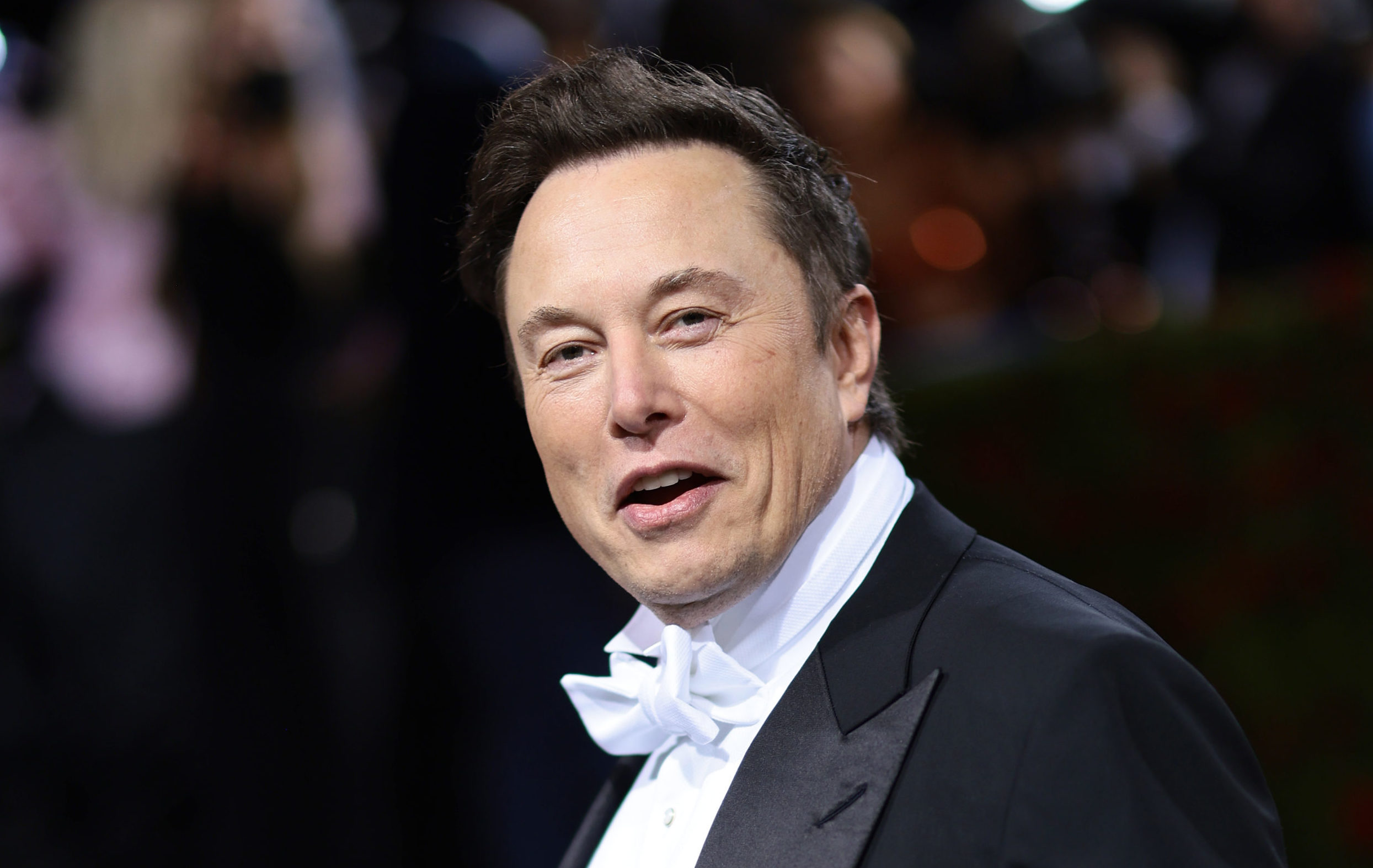Lessons from the Musking of Twitter
If Twitter can survive without woke bureaucrats, maybe the national security state can, too.

News about Twitter’s house cleaning under Elon Musk moved so fast over the last few days that it was impossible to keep track of it all. For the uninitiated, we now know that all that was feared about was true, and worse. Twitter was connected deeply to the national security bureaucracy. It was led by extreme radicals with a hatred for any view even remotely conservative. The company interfered with elections. It was deeply censorious, a place where halfwit bureaucrats shadow-banned counterfactual analysis from a Stanford epidemiologists just because that analysis didn’t fit an approved narrative. In the name of social justice and equity, the company was a hotbed of trans and pedophilia activism. Twitter leadership lied to Congress, an offense punishable under law.
As TAC web editor Micah Meadowcroft summed up the fundamental politico-theoretical impossibility on display:
Twitter presents us with a case study in the most pressing problem of our digital age. As technology has grown both in capacities and use, it has seemed to outstrip human scale and to mediate every aspect of human life, to the point where it might cease to be an object of human intention and will. Instead of a tool, it has begun to appear, whether in the form of bureaucratized corporations or even greater abstractions like the global market, as almost a sort of god, subjecting humanity to a will of its own. But as C.S. Lewis reminded us in the Abolition of Man, the growing power of science or technology over biological nature is in fact the growing power of some men over other men. Which means then that the apparent absence of human responsibility we associate with current technological order is only that, appearance. The human beneath such scale is obscure, but technologies are made by human hands, so it is never truly absent.
Take for example Twitter’s former head of safety Yoel Roth, who has now fled home, a situation that might lead him to sympathize with the “safety” of any number of the conservative judges who have faced relentless organized mob protests. Roth wanted us to know that satire sites such as the Babylon Bee are dangerous. As Roth said in a wide-ranging chat with Kara Swisher, “We have seen from a number of Twitter accounts, including Libs of TikTok, notably, that there are orchestrated campaigns that particularly are singling out a group that is already particularly vulnerable within society.”
After Musk’s takeover and Roth’s departure, new Twitter internal reordering banned a number of accounts associated with child grooming and pedophilia, as well as (purely coincidentally, one is sure) a bunch of Antifa accounts, prompting violence from the group. Why were these accounts active under the content-moderation practice of the earlier group of Twitter officials, including not only Roth but former senior data scientist “Melissa” Ingle? Under the old regime, Twitter banned the mention of the word “groomer”, and restricted prominent users for using it, citing it as a slur against the LGBTQ community.
All this raises questions and hopes about what can be done about bureaucracy in general. If Twitter can efficiently run its core operation and bring back viewpoint neutrality after the majority of the managers are culled, is there something for Republicans to learn and apply to American’s national security bureaucracy? From NATO to the NHS to Twitter, bureaucracy acts the same way, banal and self-serving, zealously protective of its turf, expanding to the detriment and erosion of other organizational components, disdainful of those below and deferential to the powerful, functionally opposed to skepticism, and existing simply to justify its own existence. Twitter is an app that can ban you for writing something silly or cruel. It is important, but perhaps not existential. The American deep state can harass you, create a world where the process itself turns into punishment, or imprison you on absurd charges for life. But until Musk came along both were defined by layer upon layer of bureaucratic management.
Subscribe Today
Get daily emails in your inbox
The content moderation and “disinformation” beat on Twitter was so comically evil before Elon Musk’s arrival, that learning more about it has almost at times felt like reading an essay written by Hannah Arendt. Evil is often causally divided between idiocy, ideology, and incompetence, but it is clearly more often than not a mixture of all three, with a healthy dose of social narcissism and malice. Since those in charge of such portfolios are often neither original nor intelligent, their primary job ends up amplifying the consensus opinion and talking up their social and ideological betters. Norm-keeping is an age-old social function, diligently performed by the petit bourgeoisie. But problems arise when those norms are fluid and dictated by radicals and ideologues.
If Elon Musk can even marginally bring Twitter back to being a value-neutral platform through sheer Caesarean fiat, what might that suggest for a future Republican administration? After all, the closest organizational clone to woke tech corporations might be the increasingly woke and ideological national security bureaucracy, with a similar demographics to job orientation. There is no need for a climate gender equity fund, for example. Nor is there a need for a DEI strategic plan in the Naval Academy, or an education activity office in the DOD with its own “diversity officer” who talks about being “tired of white nonsense”.
Perhaps a key lesson from the Musking of Twitter is the reminder that none of those jobs are needed, or were needed historically, or provide anything of civilizational or martial value. None of those institutions and departments deserve those positions or the people working in them. They are mostly unnecessary and often counterproductive, and exist simply to exist and expand. History shows it only takes a few determined men to tear down an edifice and return a semblance of balance.
Comments